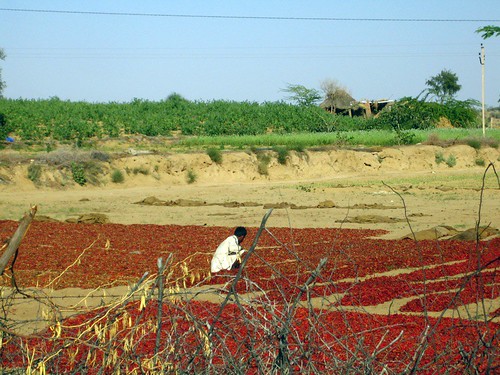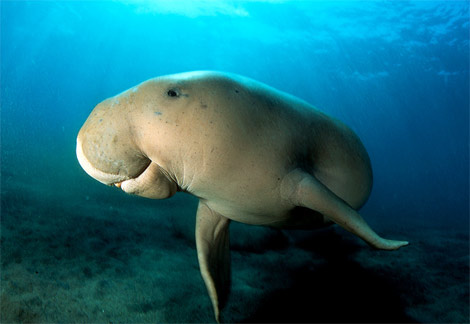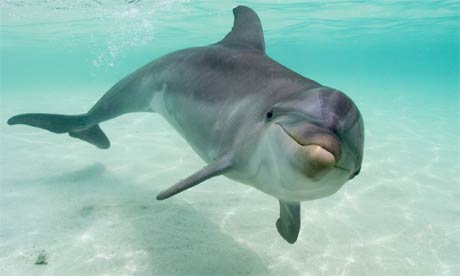
Crop-raiding elephants are a big problem in many African countries where farmland borders game parks and reserves. Subsistence farming is the way most people get their food, so hungry pachyderms who favour bananas and mealies above even lush grass in the rainfall months are a serious pest.
Unfortunately, both elephants and people pay a heavy price for this. Every year in
Fortunately, a solution has emerged for both elephants and farmers. Dr Ferrel Loki Osborne, a scientist and conservation biologist on the Mid Zambezi Elephant Project based in
Experimenting with pepper spray contraption first, Osborne realized this would be dangerous to the operator it the wind changed – and it required getting rather too close to the elephant. He’s now devised a multi-layered defence, starting with a cleared section around the farm to help elephants distinguish between the forest and farmland. Because the shape of most farms is haphazard, it was thought that a cleared path would help elephants distinguish between the farm and their habitat.
A planted row of hot peppers and thorny thickets of sisal come next, because elephants tend to avoid unpalatable or thorny plants, according to Osborne. Then comes the cash crop, generally cotton, as “elephants do not enjoy this plant as much as corn and bananas”. The most desirable crops are planted in the middle of the field, surrounded by flimsy pepper-coated fence made of twine. This is smeared with a mixture of grease and an extremely concentrated extract of Habanero pepper, the hottest variety available.

“You’d see elephants looking with confusion at the tip of their trunks.” Says Osborne. “If they push through the fence, they get it on their sides and try to wipe it off with their trunks. Given elephants’ reliance on smell and taste, it must hurt them much more than it would a person.” The response to this is that elephant’s always move away in search of easier, less painful fare.
As the world demand for chilies in-creases, the new recruit in the war against elephant invaders may soon also become










